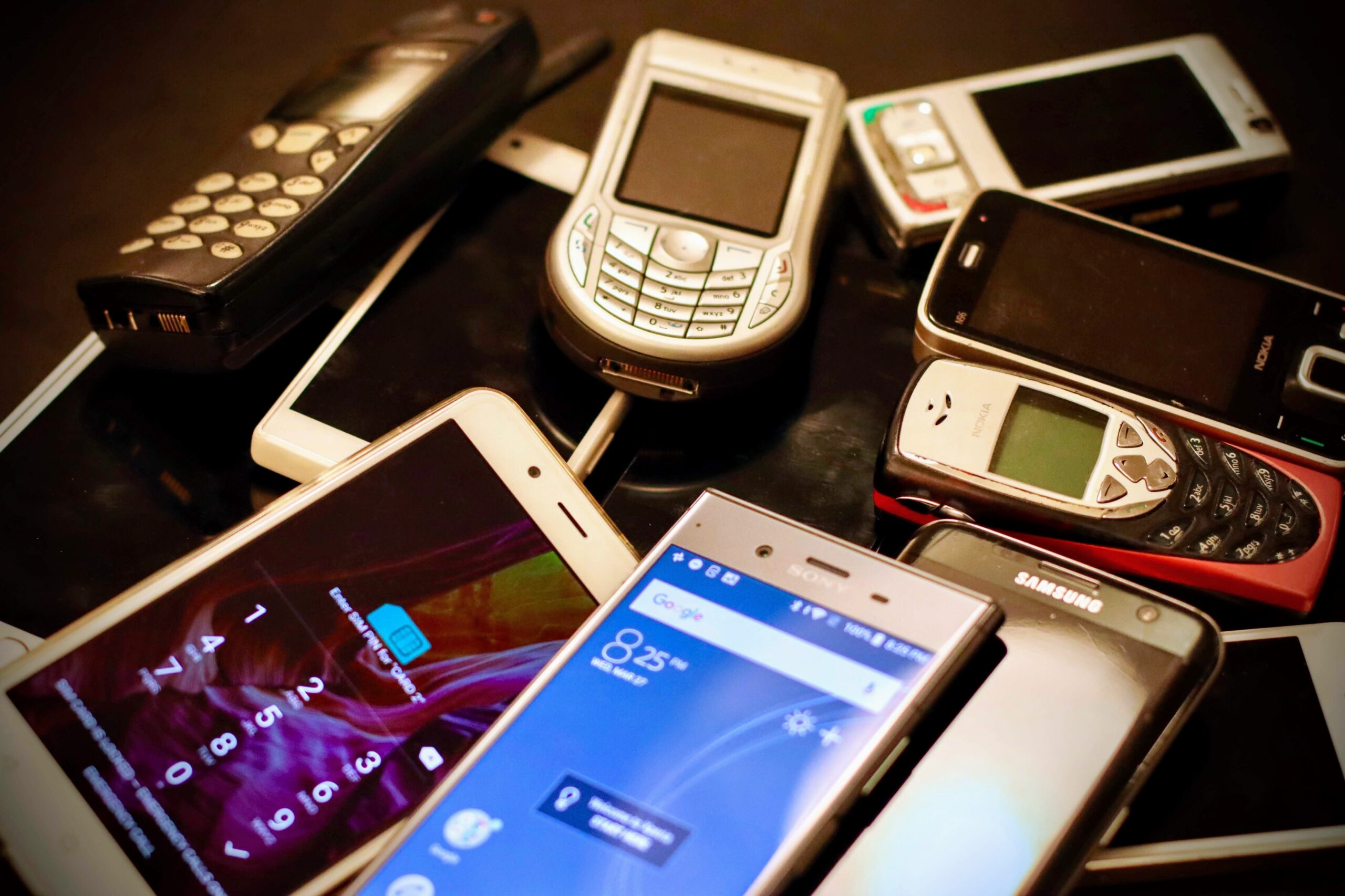A Guide to Phone Solutions for Hearing Aid Users
In today's interconnected world, communication plays a vital role in our daily lives. For individuals with hearing impairments, the use of hearing aids has significantly improved their ability to engage in conversations. However, when it comes to phone communication—whether through cellphones or landlines—there can be unique challenges. In this blog post, we'll explore various solutions designed to enhance the phone experience for those with hearing aids, touching upon the importance of staying connected for overall cognitive health. Side Note: The Importance of Connection for Cognitive Health: Before delving into the solutions, and in honour of Alzheimer's awareness month, it's crucial to highlight the impact of social connections on cognitive health. Numerous studies have shown that maintaining strong social ties can positively influence cognitive function and reduce the risk of cognitive decline. For individuals with hearing loss, communication barriers can lead to feelings of isolation, potentially affecting cognitive well-being. By addressing these challenges through effective phone solutions, we contribute to fostering meaningful connections and, consequently, supporting cognitive health. For Cellphones Bluetooth Connectivity and Hearing Aid Compatibility Bluetooth technology has revolutionized the way hearing aid users interact with their cellphones. Bluetooth-enabled hearing aids can directly connect to smartphones, enabling users to stream phone calls directly to their hearing aids. This wireless connection eliminates background noise and enhances the clarity of the conversation. Additionally, many modern cellphones come with Hearing Aid Compatibility (HAC) features. HAC cellphones are designed to work seamlessly with hearing aids, reducing interference and ensuring a clearer sound quality during calls....










Recent Comments